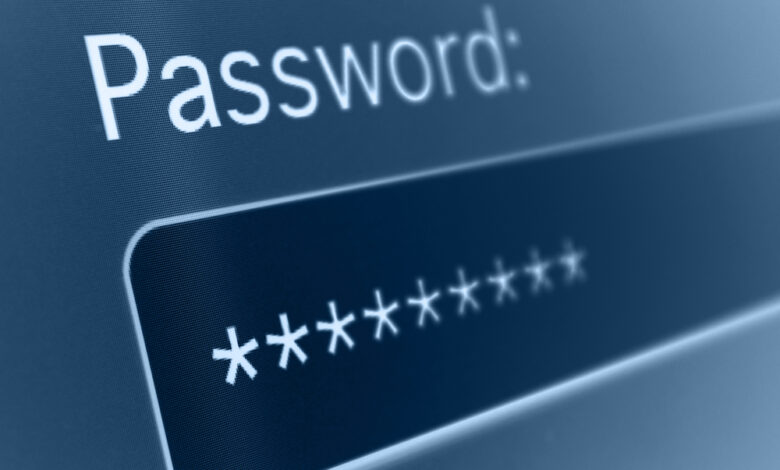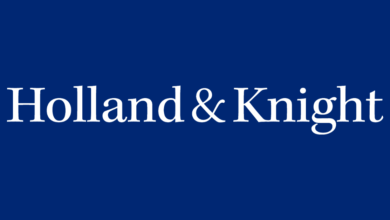Protected Passwords (Chris Wright Commentary)

(Shutterstock)
THIS IS AN OPINION
We’d also like to hear yours.
Leave a comment below, tweet to us @ArkBusiness or email us
Some days, it feels like the world runs on passwords.
Nearly every digital platform, phone application and online point of purchase requires a username and the dreaded 8-12-character — or more — personal identifier. With our ever-growing number of accounts, it becomes impossible to remember all the combinations, so we opt to reuse passwords or add an extra exclamation point at the end. And that’s a mistake.
The Cybersecurity & Infrastructure Security Agency (CISA) says reusing or adopting easy-to-guess passwords is like “Locking the door but leaving the key in the lock.” Hackers can easily crack these codes to gain a foothold in our systems and, potentially, unlimited data to our access.
Each May, the technology industry marks World Password Day. Gimmick or not, this consumer-focused holiday is an important reminder for us to take charge of our cyber hygiene habits. Passwords are our first line of defense against potential cyberattacks and breaches, and it’s up to us to take creating and safeguarding them seriously.
That starts with following industry best practices. We should make our passwords long, ideally with passphrases containing 4-7 memorable but unrelated words. While some platforms still require upper and lower-case letters, special characters and numbers, the paradigm is shifting away from that. CISA also recommends making our identifiers unique and different for every account.
Perhaps the most important and underutilized tool is password managers, which securely create, store and automatically type in our information. This software can alert us when we are reusing passwords or implementing weak ones and offer more robust alternatives. The best part: we only must remember one password, and that’s for the password manager itself.
That said, not all password managers are created equally. There are free options, such as those built into our web browsers, and countless vendors selling what they claim is the “best” software. We can’t afford just to click to download or buy. It’s crucial to do due diligence and ensure the password manager we select comes from a trusted, reputable source, such as LastPass, 1Password or BitWarden.
When it comes to creating passwords, it seems straightforward enough. All it takes is making them long, random and unique, right? Yet, we’ve all been guilty of using weak or so-called bad options at some point. By following best practices and, most importantly, using a password manager when logging into our accounts at work and home, we can better protect ourselves from breaches and attacks.




